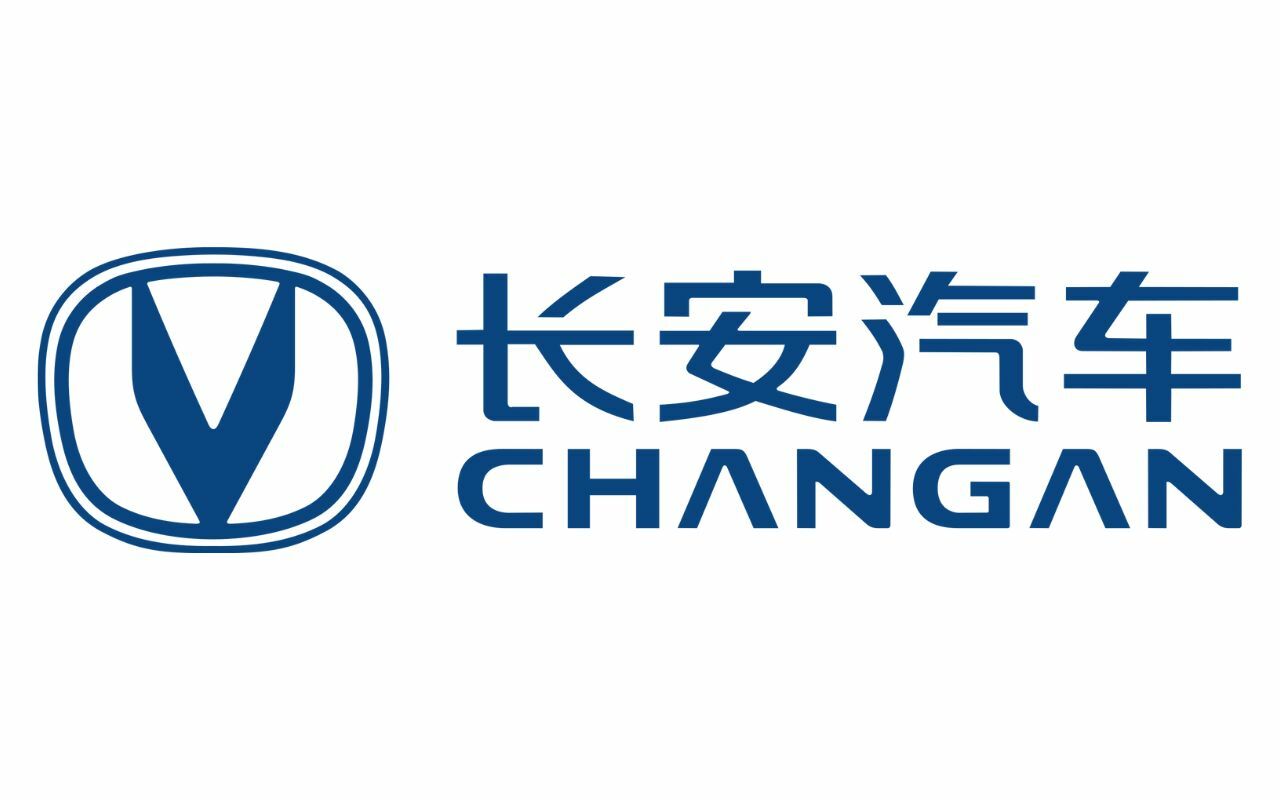Chinese suppliers protest Changan’s 10% payment cut amid price war

In the wake of an ongoing price war among automobile manufacturers in China, Chongqing Changan Automobile, a state-owned automaker, has faced backlash from its suppliers after cutting their payments by 10%. The suppliers claim that they are being unfairly forced to bear the brunt of the intense competition in the world’s largest auto market.
Since January, over 40 brands have slashed prices in China, following Tesla’s lead, as car demand slumps and manufacturers fight for market share. This has resulted in a ripple effect throughout the industry. In March, Changan informed its suppliers that the price cuts by its rivals had negatively impacted sales of some of its models.
A letter from Changan’s suppliers in the southwestern city of Chongqing, where the company is headquartered, began circulating on Chinese social media on June 5. Two supplier sources familiar with the matter have confirmed that the letter was sent to Changan’s procurement department. The letter urged the automaker to reverse its decision, stating that the move was prompting other manufacturers to follow suit and disregarded the suppliers’ years of support to the auto industry.
One of the sources revealed that the percentage by which Changan was requesting suppliers to lower their prices varied, with some larger suppliers being asked to absorb cuts of less than 10%. Earlier this year, Zhejiang Tongxing Technology, a vehicle air conditioning systems manufacturer, disclosed in its IPO prospectus that Changan Automobile Group was among clients who had requested lower prices last year.
In the letter, the suppliers highlighted that they had become “blood donors” to the Chinese automakers’ efforts to compete using a low-price strategy. They warned that the current situation would “definitely cause adverse effects at home and abroad and will cause a large number of Chinese auto suppliers to fall into dire straits or go bankrupt.”
Changan, Ford, and Mazda have not yet responded to requests for comment on the matter, reports Channel News Asia.
Latest Thailand News
Follow The Thaiger on Google News:


























